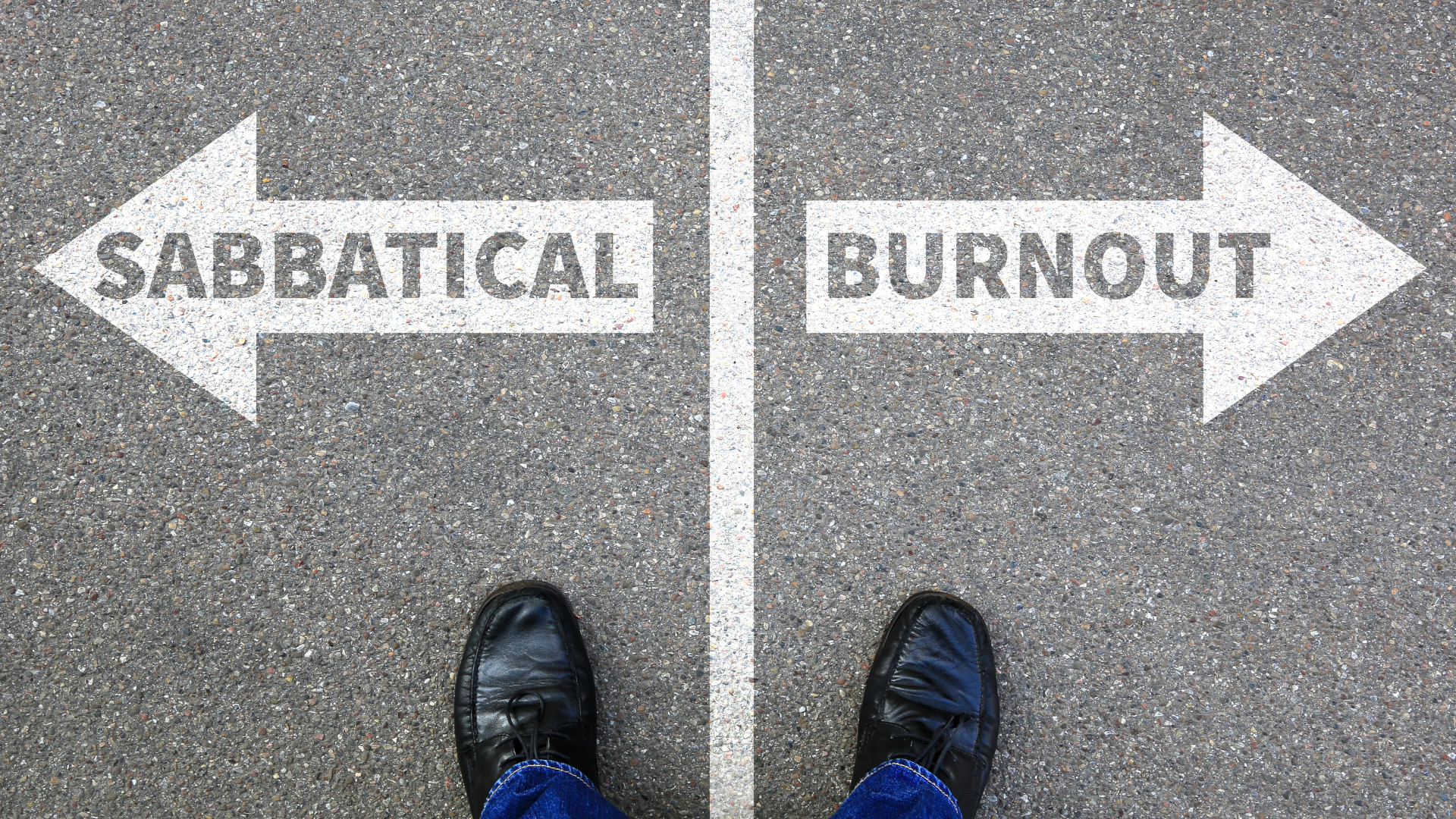Picture this...
It's Sunday morning, and you've been up since the crack of dawn, preparing for yet another day of ministry. You're running on coffee, prayers, and the sheer will to make a difference in people's lives. But deep down, you're exhausted, and you can't help but wonder if this is what ministry burnout feels like.
Hey, you're not alone. Ministry can be incredibly rewarding, but it can also be downright draining. That's why it's essential to prioritize self-care, and sometimes, that means taking a step back from your ministry responsibilities.
The Signs That You Need a Break from Ministry
1. Physical and emotional exhaustion: If you're feeling tired all the time, and even a full night's sleep doesn't seem to help, it's probably your body telling you to slow down. The same goes for emotional exhaustion - if you find yourself on the verge of tears or snapping at people for no apparent reason, it's time for some much-needed R&R.
2. Decreased motivation and passion for your work: Remember when you first started in ministry and felt like you could change the world? If that fire has dwindled to a mere flicker, it's a sign that you're running on empty and could use a break to recharge your batteries.
3. Struggling relationships with family, friends, and congregation: Ministry is all about relationships, but when you're stretched too thin, those connections can suffer. If you're noticing more conflict or distance in your personal and professional relationships, it might be time to hit the pause button.
4. Difficulty in decision-making and problem-solving: Are you struggling to make even the simplest decisions, or do you find yourself staring blankly at problems that you used to tackle with ease? Your brain might be waving the white flag, begging for some downtime.
The Advantages of Taking Time Off from Ministry
1. Rest and rejuvenation for your body and mind: Let's face it: You can't pour from an empty cup. Taking time off allows your body and mind to rest and recover, so you can return to ministry feeling refreshed and revitalized.
2. Strengthening personal relationships: By taking time off from ministry, you can focus on nurturing the relationships that matter most. Reconnect with your spouse, play catch with your kids, or grab lunch with that friend you've been meaning to catch up with for months.
3. Spiritual growth and renewal: Ministry can be all-consuming, leaving little time for your own spiritual growth. Use your time off to deepen your relationship with God through prayer, meditation, and study, so you can return to your congregation as an even stronger spiritual leader.
4. Gaining fresh perspective and inspiration for your ministry: Sometimes, all it takes is stepping away from the daily grind to gain new ideas and inspiration. Attend a conference, read a book, or simply spend some time in nature – you'll be amazed at how your ministry perspective can shift.
Practical Tips for Planning and Taking Time Off from Ministry
1. Communicate your need for time off to your congregation and leadership team: Honesty is the best policy here. Let your congregation (or your supervisor) know that you need some time away to recharge and come back stronger than ever. They'll likely be supportive and understanding – after all, they're human too. (And if you’re like many church staff members, you’ve been banking your PTO for some time now anyway. Now’s the time to tap into them!)
2. Establish a support system to handle ministry responsibilities in your absence: You might be taking a break, but ministry doesn't stop. Make sure you have a capable team in place to handle your responsibilities while you're away. This might include delegating tasks, appointing interim leaders, or even bringing in a guest speaker for Sunday services.
3. Set clear boundaries during your time off: For your time off to be truly restorative, you need to establish boundaries and stick to them. This might mean turning off your work phone, setting an out-of-office email reply, or even going on a social media hiatus. The goal is to minimize distractions and focus on your well-being.
4. Plan activities that bring you joy and relaxation: Taking time off from ministry doesn't mean you have to sit at home and twiddle your thumbs. Use this opportunity to engage in activities that bring you joy, whether that's hiking in nature, reading a good book, or spending quality time with your loved ones. Remember, self-care is essential for a thriving ministry.
5. Reflect on your ministry and set goals for the future: While you're enjoying your well-deserved break, take some time to reflect on your ministry journey thus far. Think about your accomplishments, challenges, and areas where you'd like to grow. Use this time of reflection to set goals for the future and make a plan to achieve them once you're back in the ministry saddle.
6. Ease back into your ministry responsibilities: Once your time off ends, don't jump headfirst into the deep end of ministry work. Instead, ease back into your responsibilities gradually to avoid burnout. Your congregation and leadership team will appreciate your renewed energy and fresh perspective.
Here’s the deal… taking time off from ministry might seem counterintuitive, especially when there's so much work to be done. However, prioritizing self-care and allowing yourself the space to rest, rejuvenate, and grow will ultimately make you a better leader and a more effective minister.
So, whether it's a long weekend, a week-long retreat, or even an extended sabbatical, don't be afraid to step back from the demands of ministry for a little while. You'll be amazed at the difference it can make in your life, relationships, and ministry. After all, even Jesus took time away from the crowds to rest and recharge. If it was good enough for Him, it's good enough for you.





